“Be sure to hit that ‘like’ button…”
“Don’t forget to ‘double tap’…”
“If you enjoy my content, please ‘like’…”
“Each ‘like’ counts to support me…”
It’s safe to say we are addicted.
Instagram is rated as the number one, worst social media app for a teenager’s mental health, according to studies reported by CNN, Forbes, Time Magazine, and many other news outlets. All of which describe the popular platform as detrimental, addictive, and the driving cause for depression, loneliness, and anxiety in teens.
In 2019, Instagram began experimenting. Two years ago, the number of ‘likes’ per post disappeared from public view in countries such as Canada, Brazil, Australia, and Japan. It was an experiment to see how large of an impact that little heart in the corner holds to both the social media’s popularity and its users’ mental health.
And guess who’s next on that list? The U.S.
It’s about time.
Adam Mosseri, the CEO of Instagram, announced that the goal is to eliminate the publicized number of ‘likes’ for everyone. The reasoning behind hiding the ‘like’ status is to, “reduce anxiety and social comparisons” and to allow your ‘friends’ to focus more on what you posted and less on the ‘likes’. It’s a bold gesture, and let’s face it, desperately needed.
To bluntly describe what ‘likes’ mean: it is the number of people who look at your post and decide whether or not they approve. This number is plastered beneath your picture, which will be followed by another’s post, with their own number, prominently stated in bold letters.
My older sister, Sophia Karlson, always tells me after posting a picture, “Natalie, go on all your accounts and ‘like’. My post is suffering so much.” I open my account and see her pictures have gotten 400+ likes. Just for context, that is not “suffering”.
Why do we idolize this feature? The answer is simple. For a little perspective, imagine the Instagram ‘heart’ as a unit of measurement for confidence. I repeat; ‘likes’ has become a defined measurement of self-worth. Isn’t that sad? Just a nice big number to show all your friends. Is that really what Insta’s all about? What if that number disappeared?
Contrary to what many believe, Insta is not about the followers and ‘likes’. It’s the content of so many users which make up the app’s universal fan base, many who are drawn in by public figures. Instagram relies on celebrities to use their app, keeping it trending and considered popular.
Famous users can get paid for posting on Instagram. However, this is not rationed by their ‘like count’. They get paid for the number of followers they have. A celebrity or public figure with 1 million followers can receive up to $10,000 per post depending on what product they are endorsing. A few famous idols including Nicki Minaj, Juicy J, Cardi B, and Rico Nasty have spoken out against hiding ‘likes’. Without the status of ‘likes’, they are technically losing leverage/influence over brand deals and sponsors, according to Insider.
Cardi B’s argument was that it’s the comment section that has the largest impact against mental health. While this may be true for celebrities, the goal is to improve the majority’s mental health. Instagram’s demographics say 75% of the users are ages 18-24. Or more like ages 18 down. We all lied when we signed up… be honest. That means teenagers’ mental health is the target. Yes, there are many famous teenagers, but that’s a selected few out of a massive population. Being a teenager, in a general sense, is all about second guessing and self depreciating.
Not everyone has trouble finding self-worth. But we cannot ignore the fact that social media is an outlet for toxic comparisons and a teenager will go through great lengths to improve their looks to “fit in” and be validated by peers.
Your ‘double tap’ has maybe become a reflex, not holding any meaning other than a simple acknowledgment. However, the impact could be huge on the other end. Believe it or not, your judgment matters.
I rarely post on Instagram, if ever. In fact, my public account has no pictures at all. I have posted before, but after a few weeks, I can’t take the constant anxiety from watching my posts being out there and I take it down. I’ll be the first to admit it: looking at my ‘likes’ 100% influences my decision. Seeing my number next everyone else’s doesn’t do well for my self confidence.
The tricky mind game is: no one cares. It doesn’t change anyone’s day if I share or not. I am also in no place to care what other people think, but here I am, avoiding Insta for my own self preservation. It may seem like no big deal, and your right. But this is just the life of a teenager.
Not everyone is affected this way.
“I usually don’t care how many ‘likes’ I get, because I enjoy sharing memories and pictures,” junior Olivia Windisch said. “To me, ‘likes’ just mean how many people have seen my posts.”
For those who don’t pay much attention to their ‘like’ status, Instagram’s decisions should not affect you to much extent. Afterall Instagram taking away the public view of ‘likes’ will not take away from the experience as a whole. You will still double-tap as usual and receive ‘hearts’ too. However, The pressure to get as many ‘likes’ as possible will be void. No more following random people, planting your @ on bathroom walls, deleting past posts because of their ‘like’ values, or staring at your ‘hearts’ and being self-conscious.
The future of Instagram will be improved for the better, without us caring about that tiny heart.



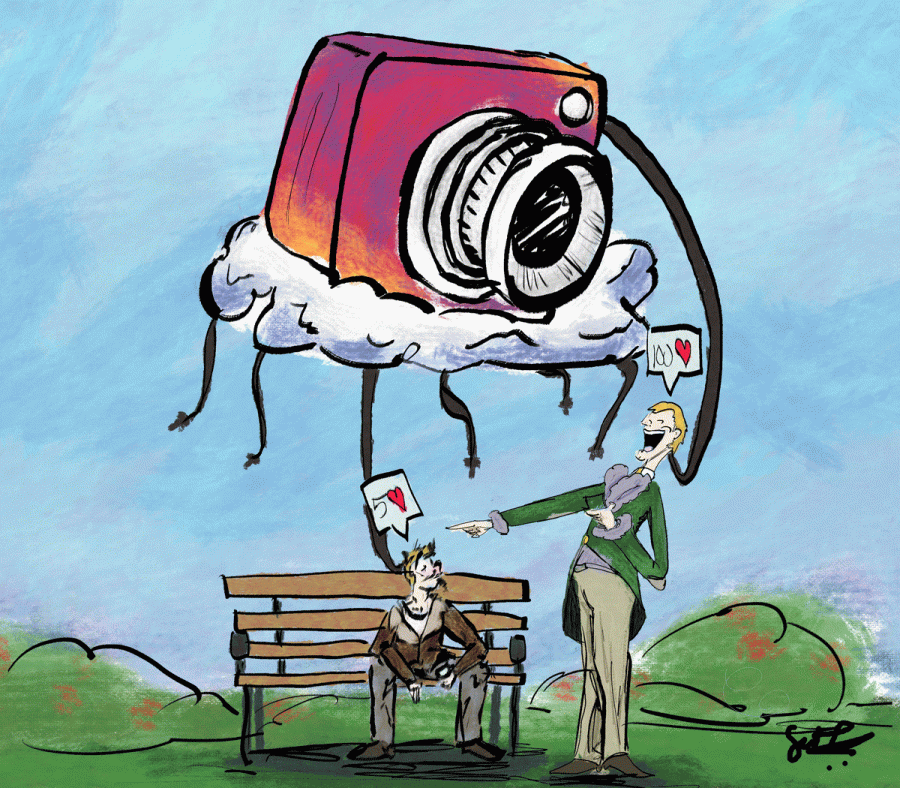
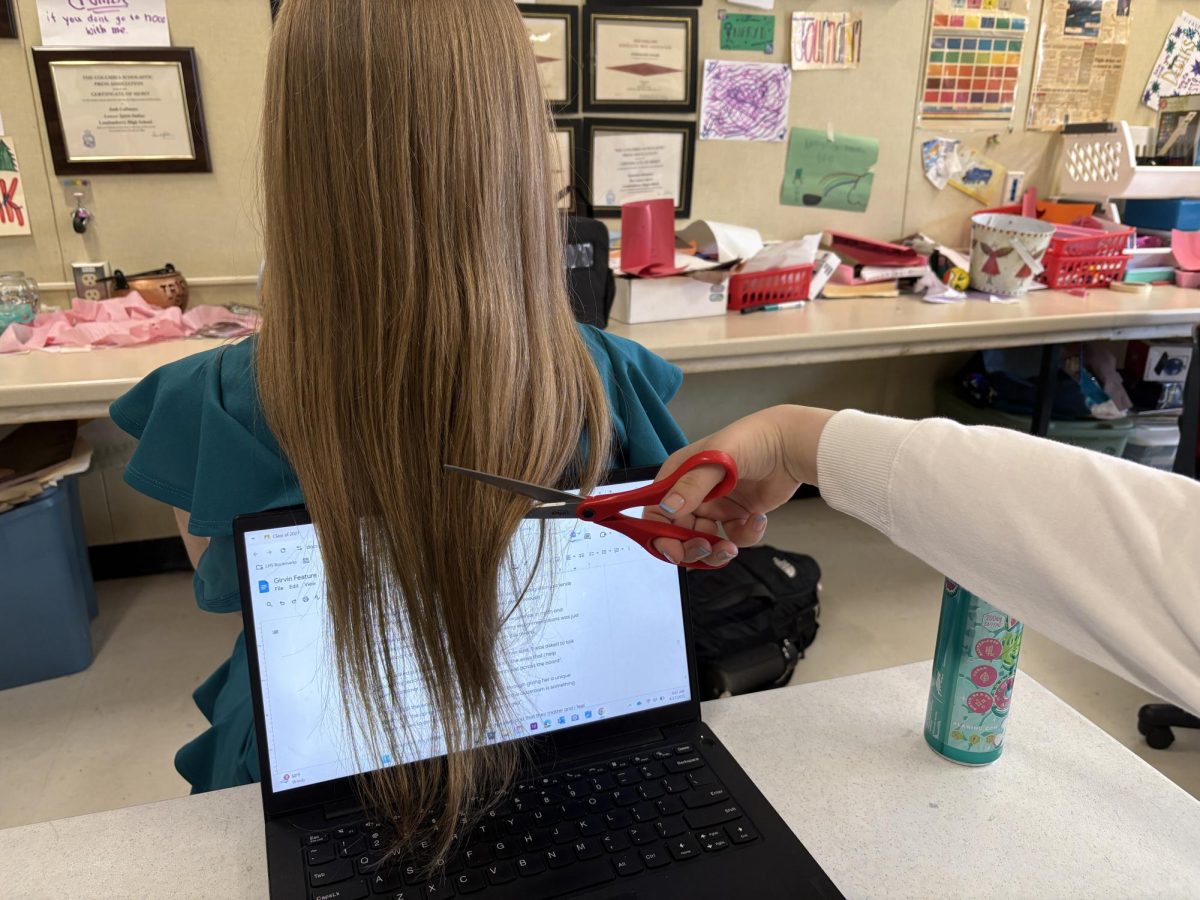

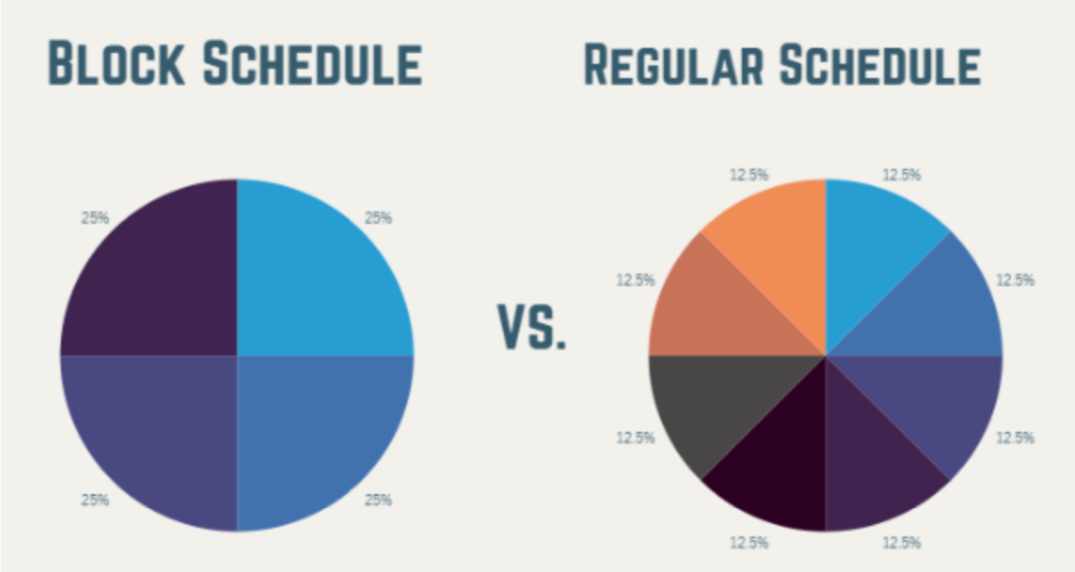


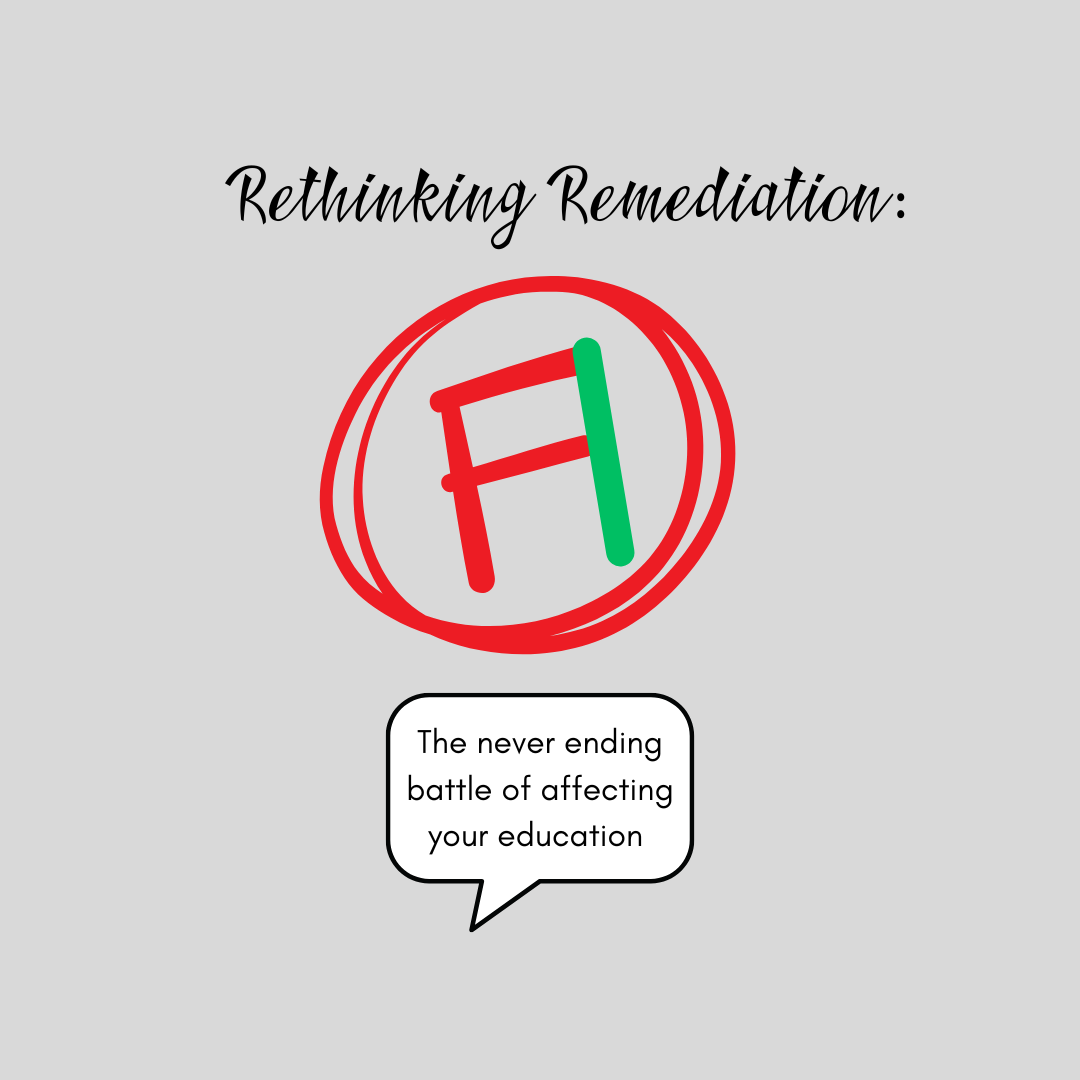
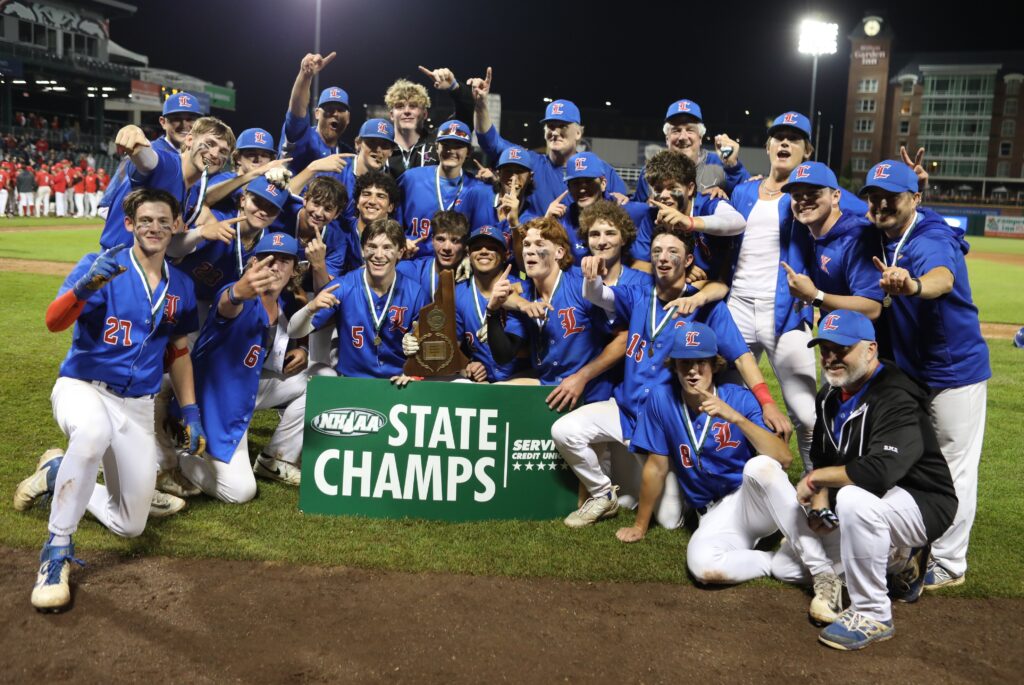
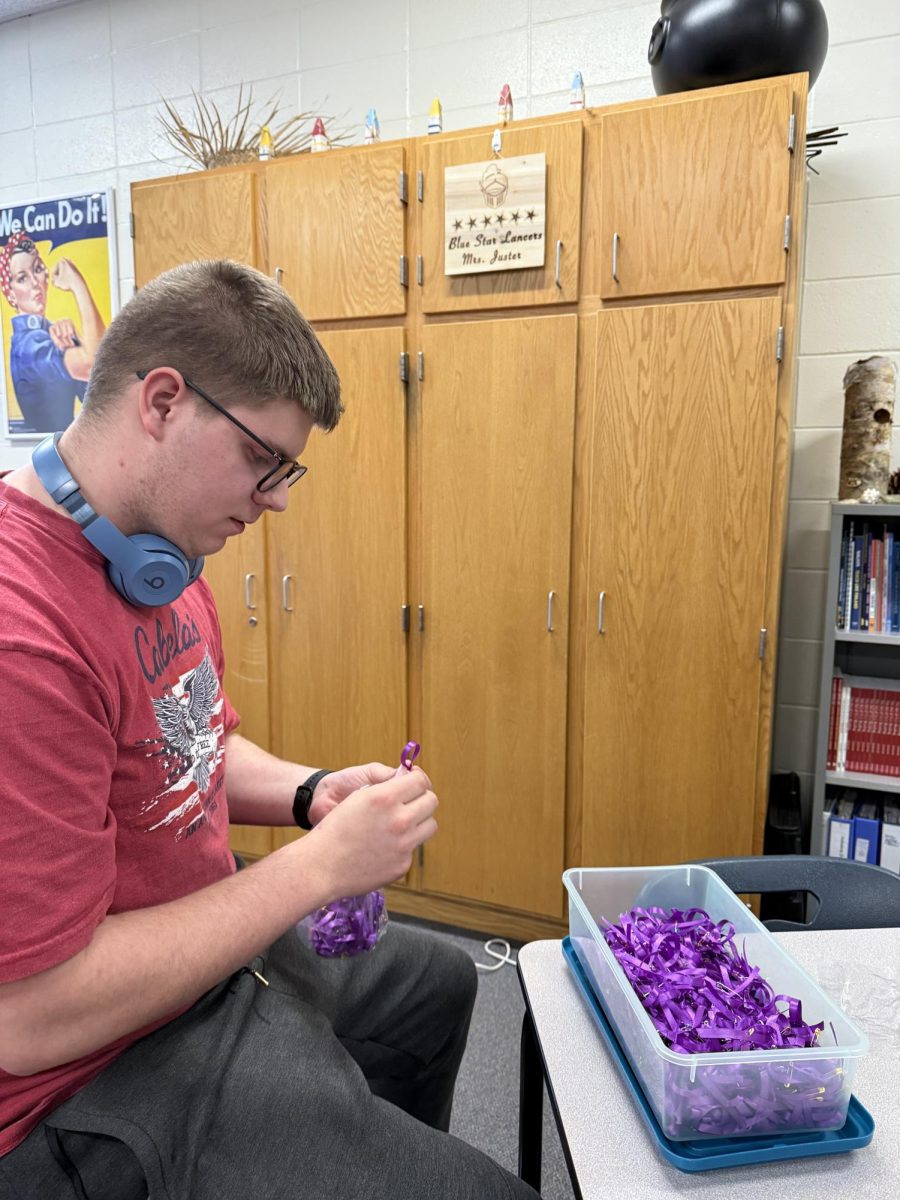


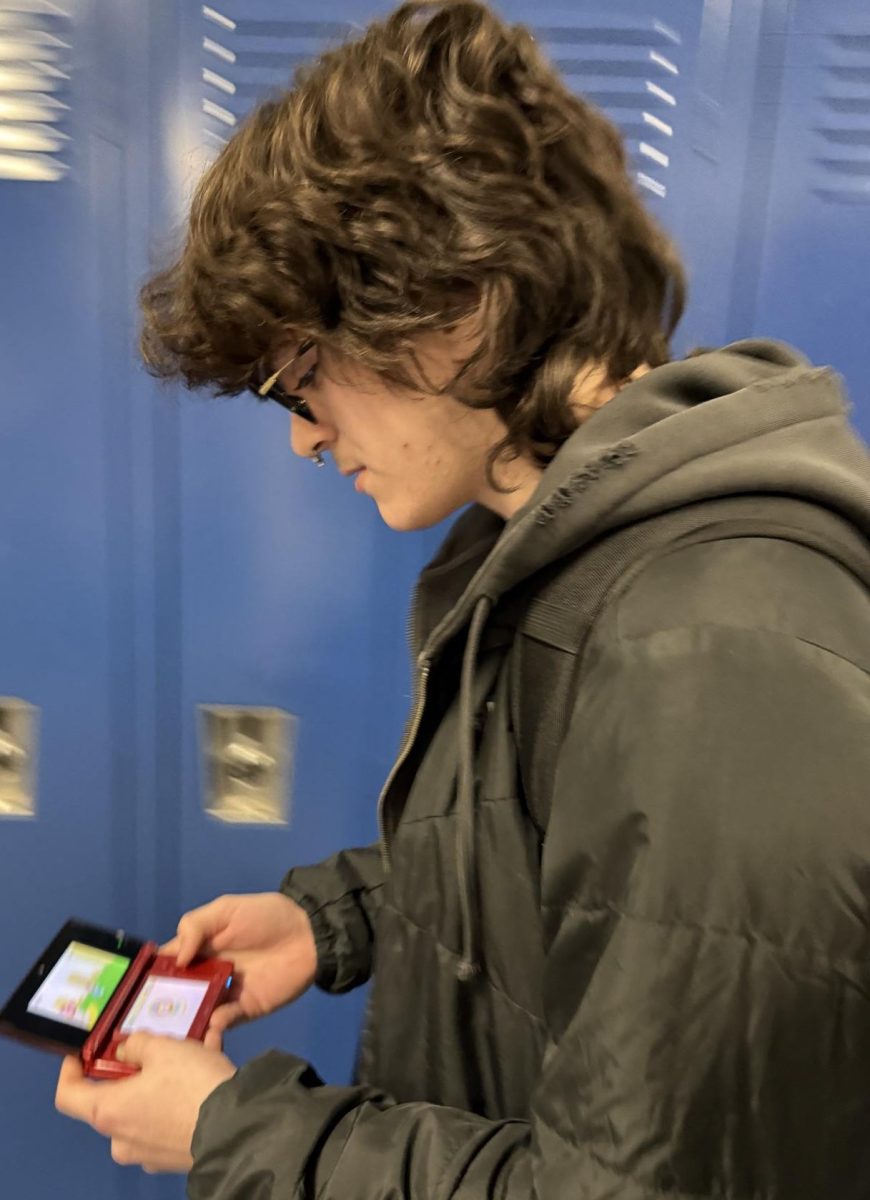
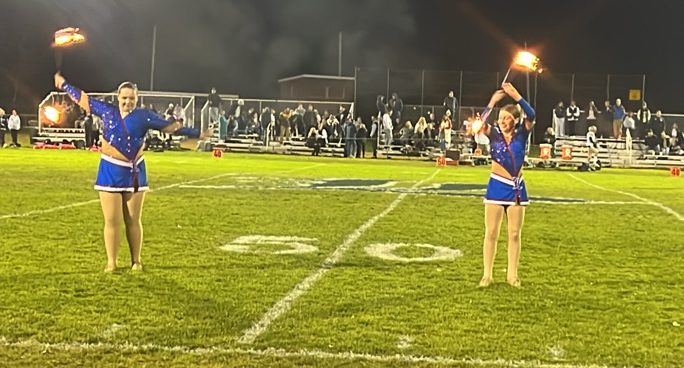


Jenna Flanagan
Apr 1, 2021 at 5:56 pm
What an amazing article! Being someone who works in a junior high school, I can tell you Natalie is spot on. VERY well written and researched! Great job!!
Susan Karlson
Apr 1, 2021 at 9:28 am
Natalie, I applaud you on your insightful article. I copied this off the internet from Instagram. “ A simple, fun & creative way to capture, edit & share photos, videos & messages with friends & family”. Who are our friends and family? The people who care about us most and support us in a positive way. Everyone else is not our concern. If you post a picture do it to bring about joy. Otherwise, it’s time to move on and find joy somewhere else.
Teri Matthews
Apr 1, 2021 at 6:29 am
I love this! I can imagine how difficult it is for teens to navigate thru social media… most adults can’t handle it. Well done Natalie.
Jamie Armin
Mar 31, 2021 at 10:19 pm
Great article, Natalie! My wondering questions – Is the increased rate of anxiety, loneliness and depression occurring similarly in extroverts and introverts? What protective measures might a teen implement in order to combat social media influences? Looking forward to reading more of your articles!
Christy Cameron
Mar 31, 2021 at 10:13 pm
Natalie, your article is fantastic and poignant. I have two boys and would agree that the “like” or “heart” buttons are the root of most conversations regarding social media. My favorite part of your article – “it doesn’t change anyone’s day if I share or not”. Hopefully, with articles such as yours, we can redirect society back to face to face conversations and change someone’s day with a heartfelt smile and a genuine – how are you doing friend?
Janie Finck
Mar 31, 2021 at 8:40 pm
I think this article by Natalie Karlson is spot on!! I personally think it is ridiculous for anyone’s self worth yo be measured by “hearts” on Instagram! I think it is an excellent idea for the “likes” to be hidden. Teenagers & people in general have enough stress on themselves in day to day life without having to worry about who likes or doesnt like their posts on social media! Bravo to Natalie for pointing this out!!